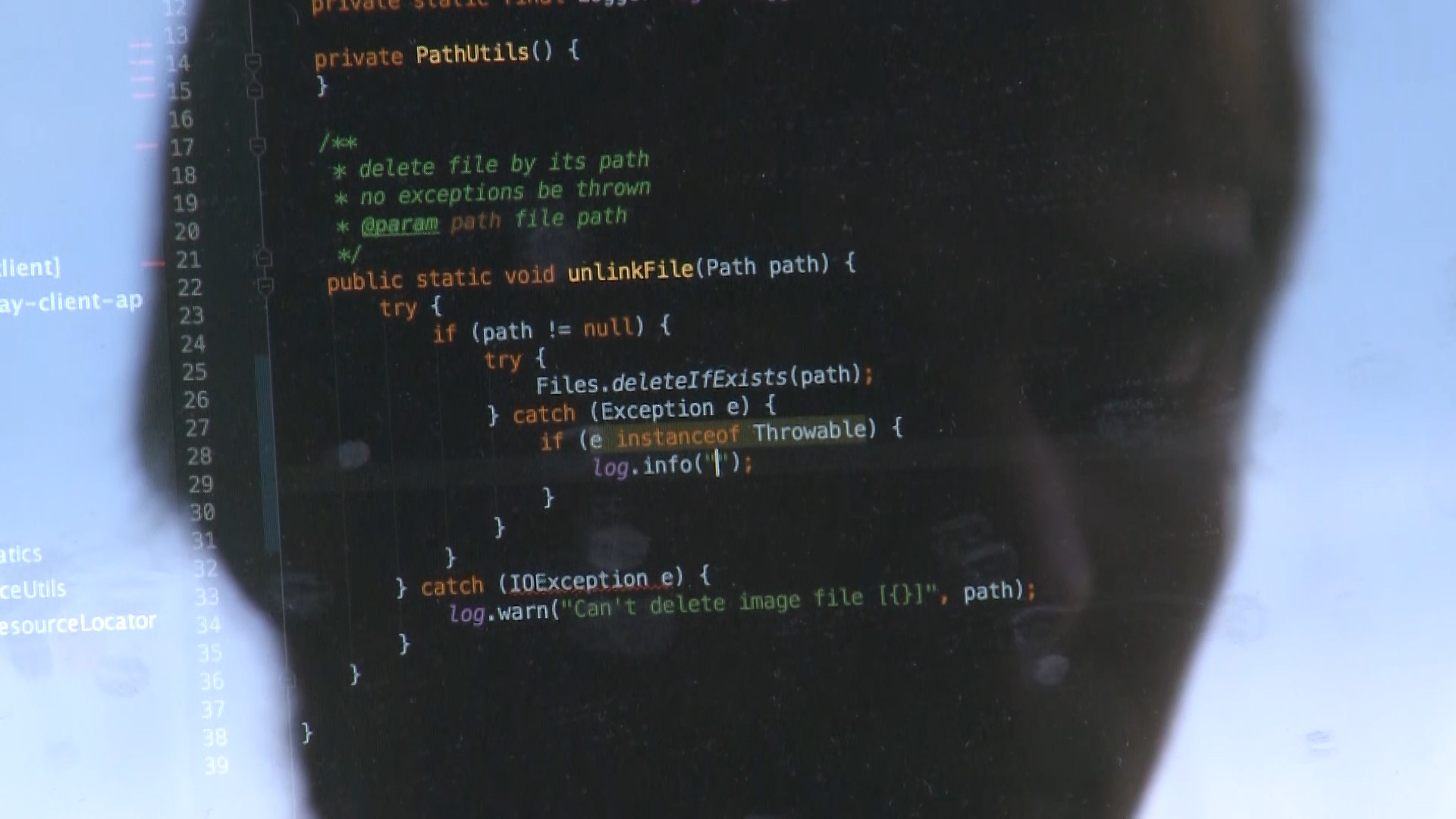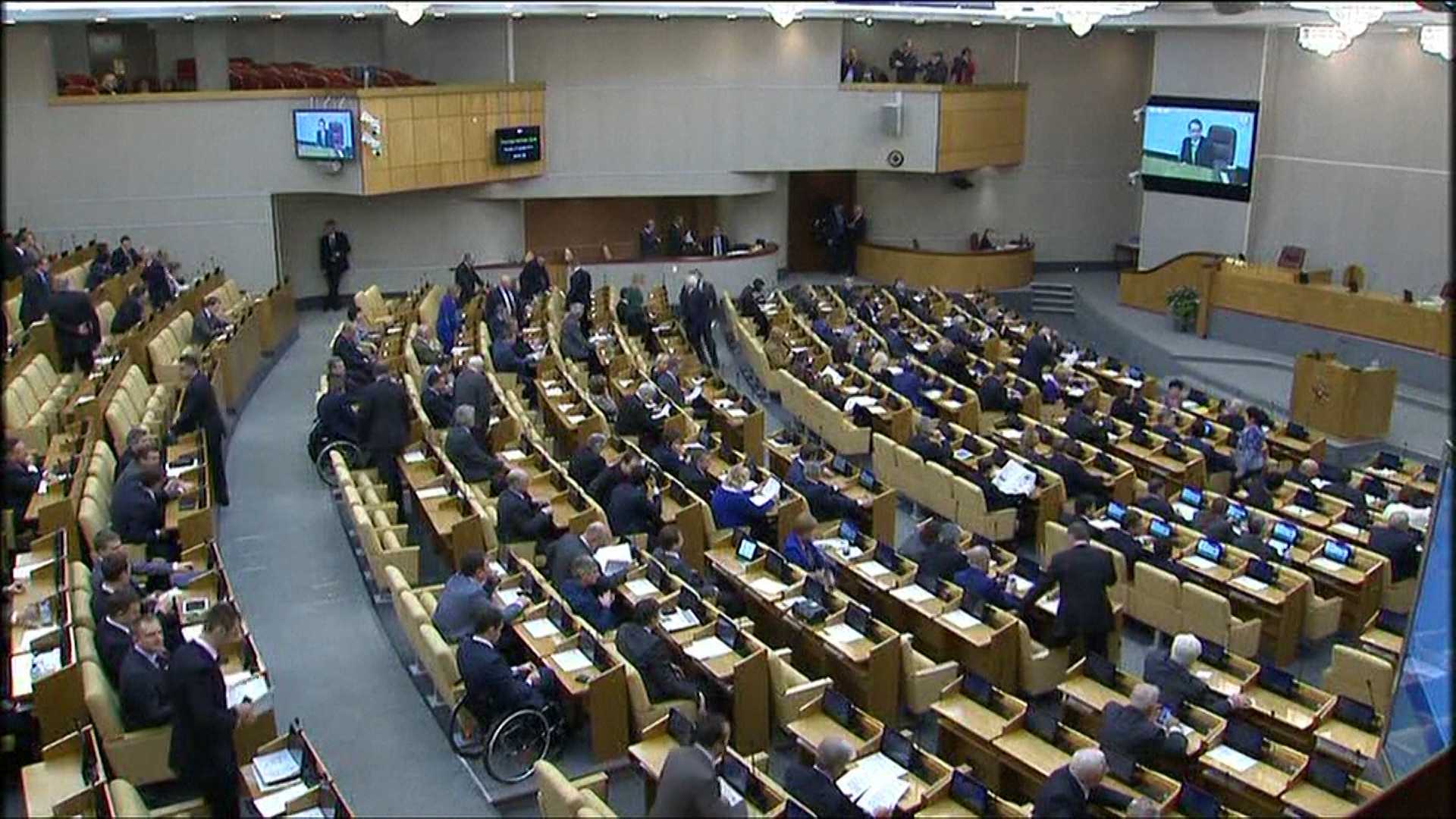
Europe
16:20, 20-Feb-2019
Russia's parliament discusses bill to take control of Internet
Dan Ashby
02:27

Russia's lower house, the Duma, has passed the first reading of a bill which would give the Government the power to control the country's Internet.
The so-called 'Internet Sovereignty Act' would require Russian companies to host data locally, and make it mandatory for Russia's Internet traffic to be controlled centrally, within the country.
The law states that it is designed to stop Russia being shut out of the Internet by American companies, and instead, allow Russia to control its own fate.
But lawyers fear that the government will use the act to crack down on freedom of speech.

Russian lawmakers discuss the latest legislation. / CGTN Photo
Russian lawmakers discuss the latest legislation. / CGTN Photo
Sarkis Darbinyan, from the Center for Digital Rights, said: "We think this draft is very dangerous for the Russian Internet society because it lets the state switch off the Internet from inside the country."
But Leonid Levin, from the Duma's Digital Committee, defended the bill.
He said: "This law doesn't mean creating infrastructure. It means that in the case of the network's destabilization, the control centre will perform more systematic routing of the traffic."
"So if a Russian citizen wants to send a message to another Russian citizen, this traffic doesn't have to go outside Russia."

Critics say it's "dangerous" for freedom of speech. / CGTN Photo
Critics say it's "dangerous" for freedom of speech. / CGTN Photo
Some businesses have questioned whether it is even technically possible for Russia to make such a change. They point out that Moscow lacks the money, hardware and expertise to push it through.
Alexander Isavnin from the Russian Internet Protection Society said: "If this bill passes, first of all, they need to write 20 regulatory documents written by Minister of Communications, so immediate implementation is not possible after the bill passes."
"But if they try to spend a lot of money, yes, it would be possible to cut Russian Internet off."

SITEMAP
Copyright © 2018 CGTN. Beijing ICP prepared NO.16065310-3
Copyright © 2018 CGTN. Beijing ICP prepared NO.16065310-3